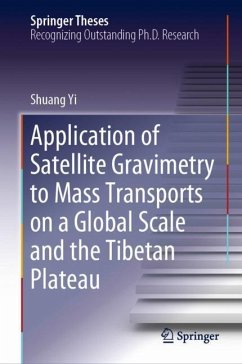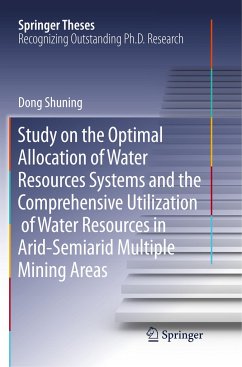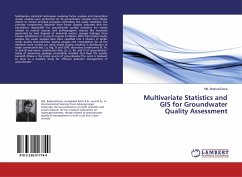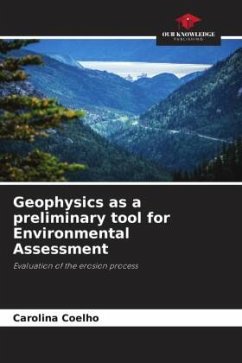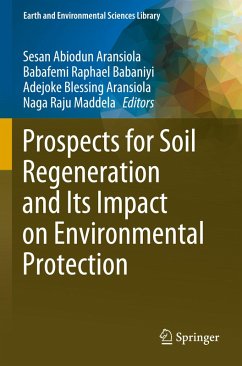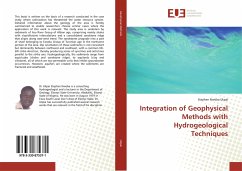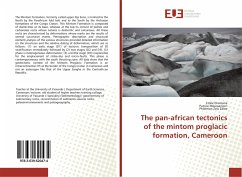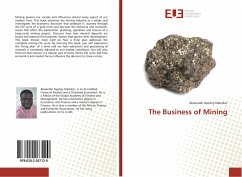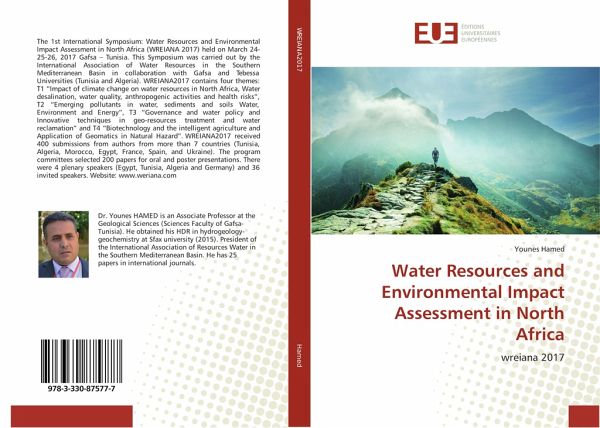
Water Resources and Environmental Impact Assessment in North Africa
wreiana 2017
Versandkostenfrei!
Versandfertig in 6-10 Tagen
43,99 €
inkl. MwSt.

PAYBACK Punkte
22 °P sammeln!
The 1st International Symposium: Water Resources and Environmental Impact Assessment in North Africa (WREIANA 2017) held on March 24-25-26, 2017 Gafsa - Tunisia. This Symposium was carried out by the International Association of Water Resources in the Southern Mediterranean Basin in collaboration with Gafsa and Tebessa Universities (Tunisia and Algeria). WREIANA2017 contains four themes: T1 "Impact of climate change on water resources in North Africa, Water desalination, water quality, anthropogenic activities and health risks", T2 "Emerging pollutants in water, sediments and soils Water, Envi...
The 1st International Symposium: Water Resources and Environmental Impact Assessment in North Africa (WREIANA 2017) held on March 24-25-26, 2017 Gafsa - Tunisia. This Symposium was carried out by the International Association of Water Resources in the Southern Mediterranean Basin in collaboration with Gafsa and Tebessa Universities (Tunisia and Algeria). WREIANA2017 contains four themes: T1 "Impact of climate change on water resources in North Africa, Water desalination, water quality, anthropogenic activities and health risks", T2 "Emerging pollutants in water, sediments and soils Water, Environment and Energy", T3 "Governance and water policy and Innovative techniques in geo-resources treatment and water reclamation" and T4 "Biotechnology and the intelligent agriculture and Application of Geomatics in Natural Hazard". WREIANA2017 received 400 submissions from authors from more than 7 countries (Tunisia, Algeria, Morocco, Egypt, France, Spain, and Ukraine). The program committees selected 200 papers for oral and poster presentations. There were 4 plenary speakers (Egypt, Tunisia, Algeria and Germany) and 36 invited speakers. Website: www.weriana.com





